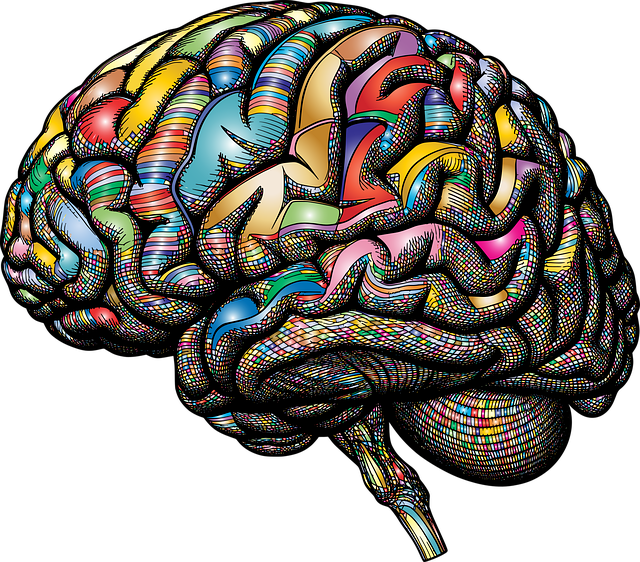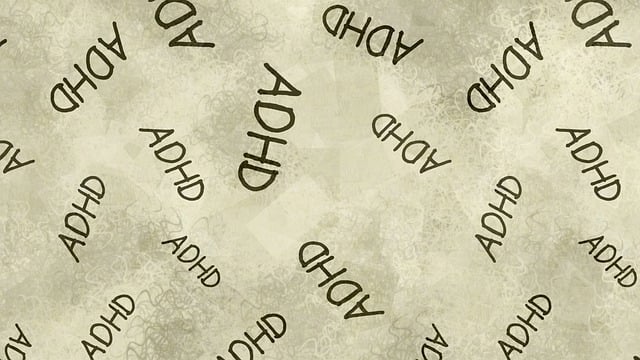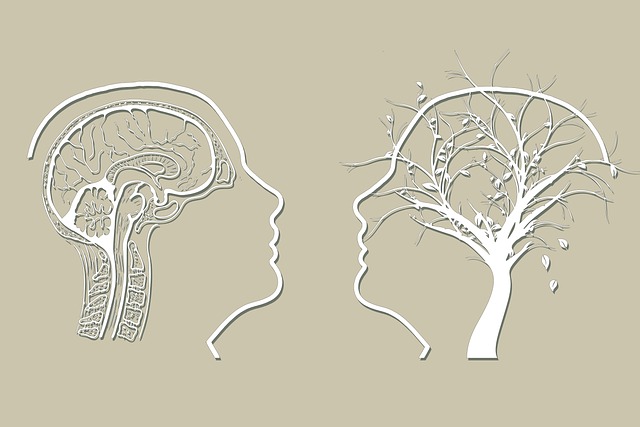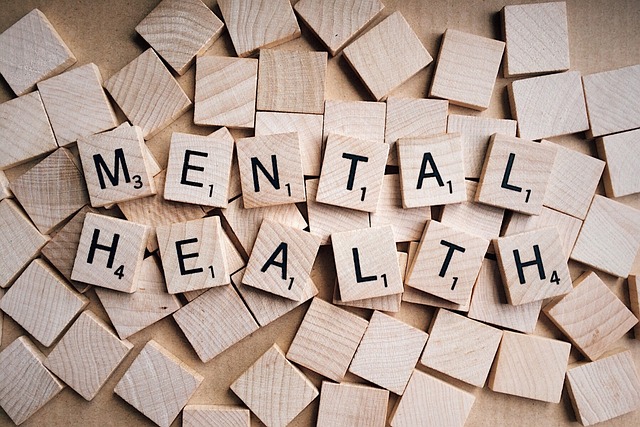Centennial Therapy for Therapists-Clinicians emphasizes the critical need for self-care in today's demanding healthcare environment, aiming to prevent burnout and enhance professional resilience. They offer structured programs integrating mindfulness, emotional expression, and relaxation techniques to improve mental wellness. Through workshops, podcasts, coaching, and education, therapists gain tools for stress management, conflict resolution, and personal growth, enabling them to better support clients while maintaining a healthy work-life balance. By prioritizing self-care, therapists can improve patient outcomes, foster emotional healing, and build lasting resilience.
In today’s demanding healthcare landscape, self-care isn’t a luxury—it’s an essential tool for therapists and clinicians. Understanding and prioritizing self-care practices is crucial to maintaining well-being and preventing burnout. This comprehensive guide explores effective strategies, including the benefits of Centennial Therapy, mindfulness techniques, resilience-building, and sustainable planning to empower professionals with tools to thrive in their careers while nurturing their mental health.
- Understanding Self-Care: Why It Matters for Therapists and Clinicians
- The Role of Centennial Therapy in Enhancing Personal Well-being
- Strategies to Incorporate Mindfulness and Relaxation Techniques into Daily Routines
- Building Resilience: Coping Mechanisms for Burnout Prevention
- Creating a Sustainable Self-Care Plan: Tips for Long-term Mental Health
Understanding Self-Care: Why It Matters for Therapists and Clinicians

In today’s fast-paced and demanding world, self-care isn’t just a trend—it’s a necessity for therapists and clinicians. Understanding and prioritizing self-care is crucial for maintaining optimal mental wellness and ensuring effective practice in Centennial Therapy. By recognizing the importance of their own well-being, professionals can better serve their clients, enhance their resilience, and improve patient outcomes. Self-care practices such as stress management workshops and conflict resolution techniques are valuable tools that not only benefit individual therapists but also positively impact their organizations.
A key aspect of self-care for healthcare providers is managing stress levels. The Mental Wellness Podcast Series Production can offer a creative outlet for sharing insights, experiences, and coping strategies. Engaging in such initiatives allows therapists to connect with peers, learn from one another, and foster a sense of community within their practice settings. As a result, they can better navigate the challenges inherent in the profession while cultivating a healthier and more sustainable work-life balance.
The Role of Centennial Therapy in Enhancing Personal Well-being

In today’s fast-paced world, where stress and burnout are prevalent, Centennial Therapy offers a unique approach to enhancing personal well-being. This therapeutic method focuses on nurturing both the mind and body, recognizing their deep interconnectedness. By integrating various techniques, such as mindfulness practices, emotional expression exercises, and self-awareness activities, therapists can help clients develop sustainable coping mechanisms. The result is improved mental health and an enhanced sense of overall well-being.
Centennial Therapy for Therapists-Clinicians is not just about treating symptoms; it’s about empowering individuals to take charge of their mental health. Through structured programs designed to promote self-esteem improvement and emotional healing processes, therapists can facilitate meaningful changes in clients’ lives. Incorporating aspects of Mental Health Education Programs Design, this approach encourages clients to explore their emotions, understand their triggers, and develop personal strategies for managing stress and anxiety. This holistic approach ensures that individuals not only cope with challenges but also thrive in all areas of their lives.
Strategies to Incorporate Mindfulness and Relaxation Techniques into Daily Routines

Incorporating mindfulness and relaxation techniques into daily routines is a key strategy for self-care routine development and enhancing mental health. Centennial Therapy offers valuable resources, such as therapists and clinicians who specialize in Mind Over Matter principles. These professionals can guide individuals through various practices like meditation, deep breathing exercises, and progressive muscle relaxation to foster mental wellness. By integrating these techniques into your everyday life, you create a sense of calm and reduce stress levels.
For those seeking structured support, Mental Wellness Coaching Programs Development can provide personalized guidance. These programs empower individuals to recognize and manage their mental health effectively. Through regular practice, one can achieve a state of balance and resilience, ensuring better overall well-being. Whether it’s dedicating a few minutes each morning for mindfulness or incorporating calming activities throughout the day, these strategies are essential steps towards a healthier and happier life.
Building Resilience: Coping Mechanisms for Burnout Prevention

In today’s fast-paced world, therapists and clinicians often face the challenge of burnout due to high workload and emotional demands. Building resilience is a crucial strategy to prevent this. Centennial Therapy offers effective coping mechanisms designed to enhance mental health and well-being. By incorporating techniques such as mindfulness, stress management, and conflict resolution skills (Conflict Resolution Techniques), professionals can develop robust coping skills (Coping Skills Development). These practices not only improve individual resilience but also enrich their ability to support clients effectively.
Mental Health Education Programs tailored for therapists can play a pivotal role in fostering self-care. Through these programs, clinicians gain valuable insights into managing stress and preventing burnout. By integrating these strategies into daily practice, therapists can maintain a healthy work-life balance while delivering quality care. This holistic approach ensures that professionals remain equipped to handle their clients’ needs and maintain their own mental health (Mental Health Education Programs Design).
Creating a Sustainable Self-Care Plan: Tips for Long-term Mental Health

Creating a sustainable self-care plan is essential for long-term mental health, especially for healthcare providers who often juggle demanding schedules and high-stress environments. Just as Centennial Therapy offers therapists and clinicians tools to support their own emotional healing processes, integrating tailored self-care practices can prevent burnout and enhance overall well-being.
Start by identifying activities that replenish your energy and nurture your mind, body, and spirit. This might include regular exercise, mindfulness practices, engaging in hobbies, or spending quality time with loved ones. Schedule these activities into your routine just as you would any other appointment. For healthcare professionals, incorporating Burnout Prevention Strategies can be a game-changer. Regularly assess your workload, set boundaries, and prioritize self-care without guilt. Remember, taking care of yourself isn’t selfish; it’s a crucial component in providing optimal care to others, especially when navigating complex Risk Assessments for Mental Health Professionals.
Self-care is not a luxury but a necessity for therapists and clinicians, as it directly impacts their ability to support others. By understanding the importance of self-care and utilizing practices like Centennial Therapy, professionals can enhance their personal well-being and prevent burnout. Incorporating mindfulness, relaxation techniques, building resilience, and creating sustainable self-care plans are proven strategies to maintain a healthy work-life balance. These approaches not only benefit therapists but also enable them to offer more effective care to their clients.














